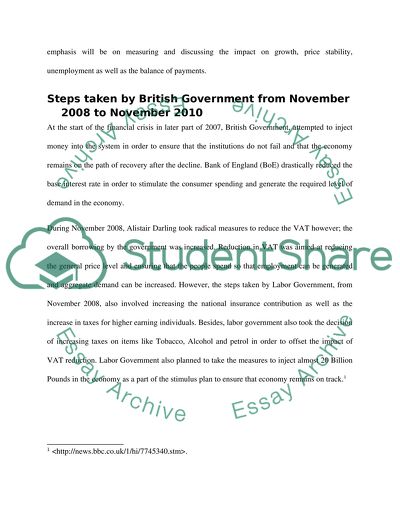Cite this document
(The Economic History of UK Assignment Example | Topics and Well Written Essays - 2000 words, n.d.)
The Economic History of UK Assignment Example | Topics and Well Written Essays - 2000 words. Retrieved from https://studentshare.org/macro-microeconomics/1572272-british-economy-from-november-2008-to-november-2010
The Economic History of UK Assignment Example | Topics and Well Written Essays - 2000 words. Retrieved from https://studentshare.org/macro-microeconomics/1572272-british-economy-from-november-2008-to-november-2010
(The Economic History of UK Assignment Example | Topics and Well Written Essays - 2000 Words)
The Economic History of UK Assignment Example | Topics and Well Written Essays - 2000 Words. https://studentshare.org/macro-microeconomics/1572272-british-economy-from-november-2008-to-november-2010.
The Economic History of UK Assignment Example | Topics and Well Written Essays - 2000 Words. https://studentshare.org/macro-microeconomics/1572272-british-economy-from-november-2008-to-november-2010.
“The Economic History of UK Assignment Example | Topics and Well Written Essays - 2000 Words”. https://studentshare.org/macro-microeconomics/1572272-british-economy-from-november-2008-to-november-2010.


